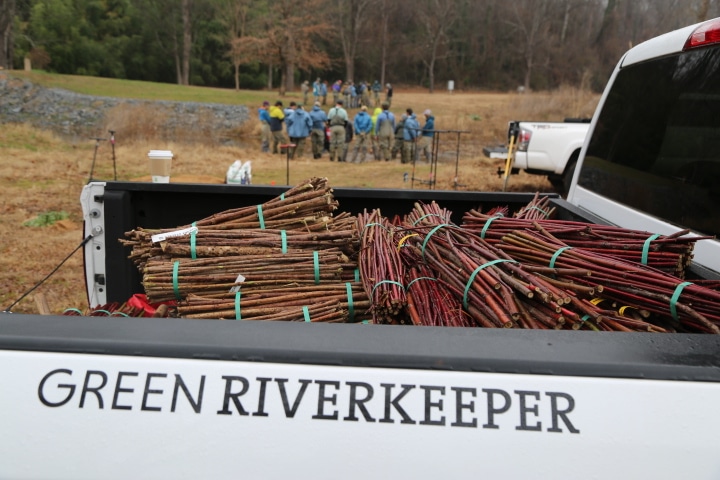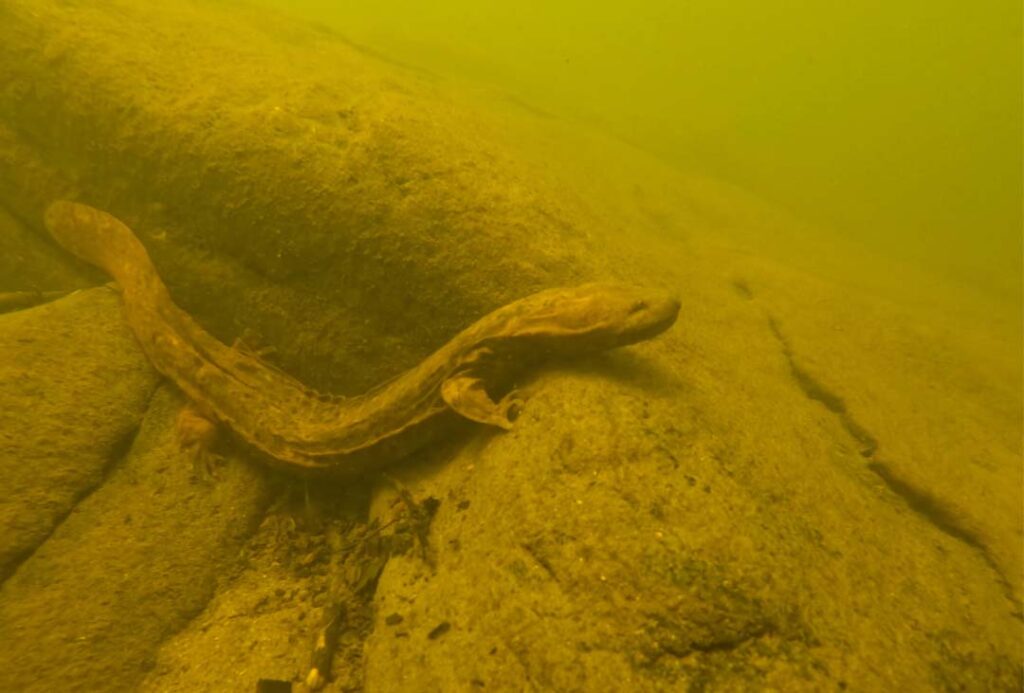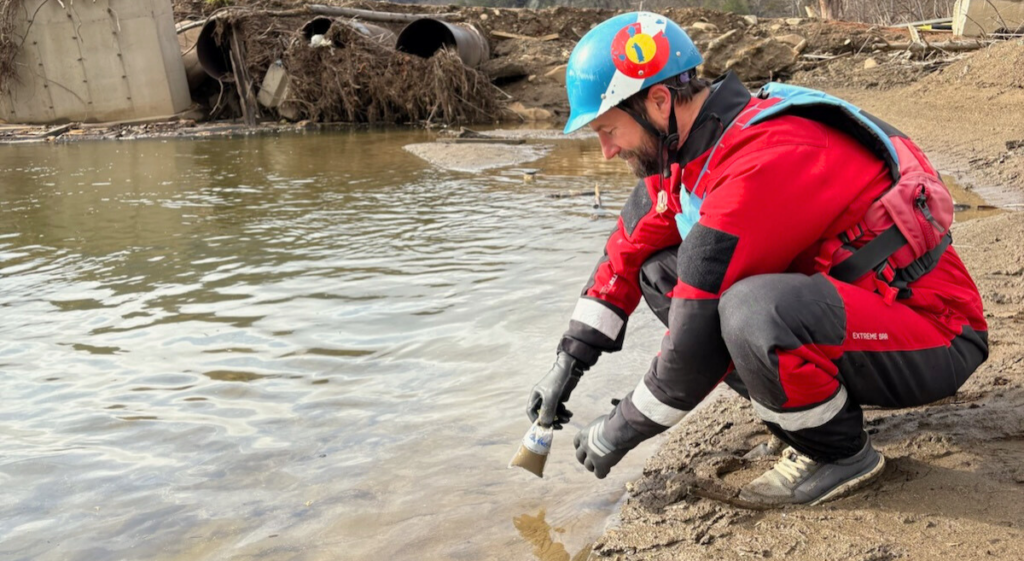The French Broad Watershed in North Carolina covers more than 2,800 square miles. In 2008, more than 15 percent of the streams in the watershed were impaired for bacterial pollution.While bacterial pollution in the French Broad watershed is prevalent, it is largely undetected and therefore unresolved. Bacteria impairment is a significant health concern, as the presence of certain types of bacteria increases the likelihood of waterborne pathogens, increasing the risks to human and aquatic health. Despite the importance of understanding the effects of bacteria pollution, knowledge about its distribution is the key to reducing and preventing future pollution.The Riverkeeper has developed a program that uses local volunteers to monitor fecal coliform levels in in the French Broad River and its surrounding tributaries. Samples are taken weekly and the results are postedhere in the Swim Guide,which was created to inform the public about the environmental safety of their local waterways. It helps users identify which waterways are safe for swimming and recreation. The French Broad Riverkeeper also uses the data from this program to identify areas of point-source pollution, and in turn, develops tactics to remediate these problems.Bacteria in our streams come from a variety of sources, including leaking sewer lines, faulty septic systems, straight piped sewage, animal waste, agricultural runoff, and other point and non-point sources. Mountain True’s French Broad Riverkeeper is currently looking into the sources of pollution in Henderson and Buncombe counties. The Riverkeeper has developed a bacteria monitoring program that, with the help of volunteers, involves sampling for fecal coliform levels in the French Broad River and surrounding tributaries.The presence of fecal coliform bacteria in water is a strong indicator of the presence of waterborne pathogens, such as giardia, cholera, and several other gastrointestinal diseases. However, while testing for specific diseases is expensive and not as accurate, the Riverkeeper tests for fecal coliforms and can identify the presence of E. coli, which can then be used to quantitatively express the quality of the water. Depending on the use of the stream, the Environmental Protection Agency (EPA) uses the # of E. coli/100 mL sample to identify whether a stream is impaired and unsuitable for fishing, swimming, and drinking, or if it is healthy.Along with Waterkeeper Alliance’s Pure Farms Pure Watercampaign, the French Broad Riverkeeper is focusing bacterial sampling around Concentrated Animal Feeding Operations (CAFOs) in Henderson and Buncombe counties. While other sources of pollution may be identified through sampling, CAFOs can contribute to bacteria pollution through leaks in waste storage lagoons, improperly discharging waste around streams, and waste runoff from rain and misapplication. The Riverkeeper identified four CAFOs last year that are contributing to high fecal coliform contamination. The Riverkeeper hopes to identify additional sources and work with known polluters to mitigate contamination in the future.Check out the current EPA status of impaired streams in the French Broad Watershed to see which waterways are impaired near you.






